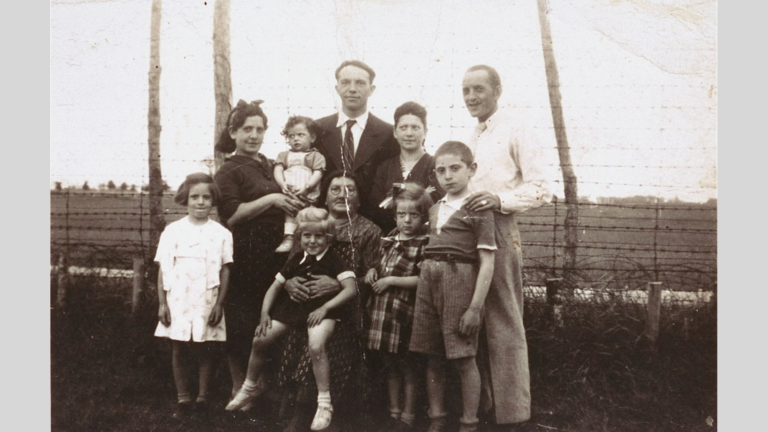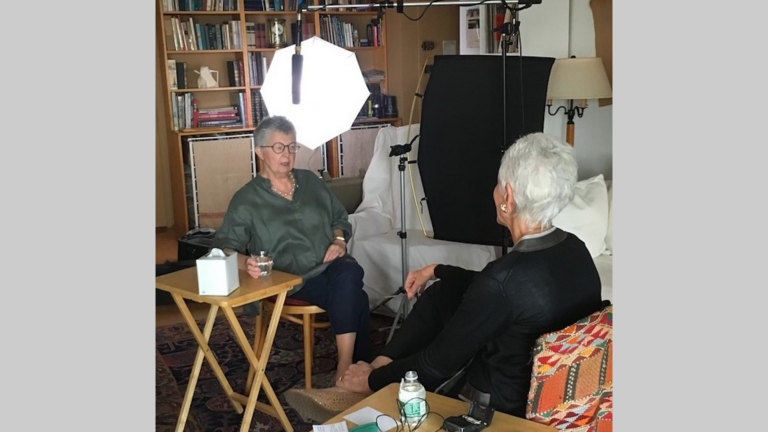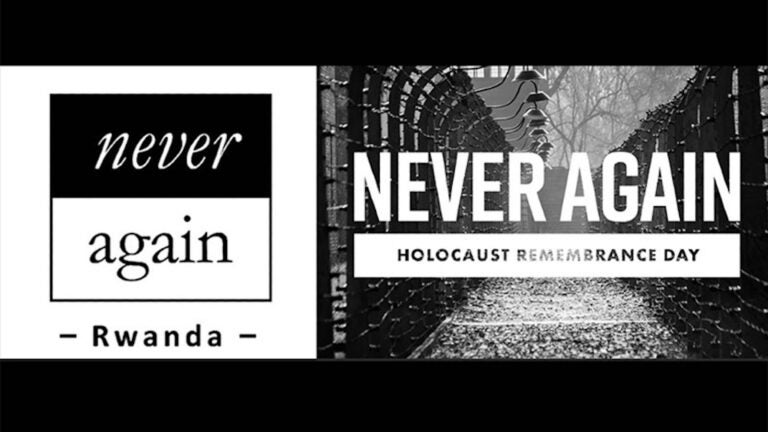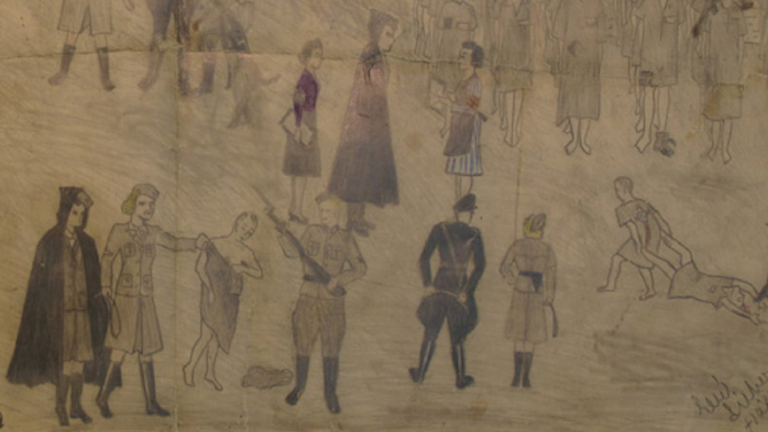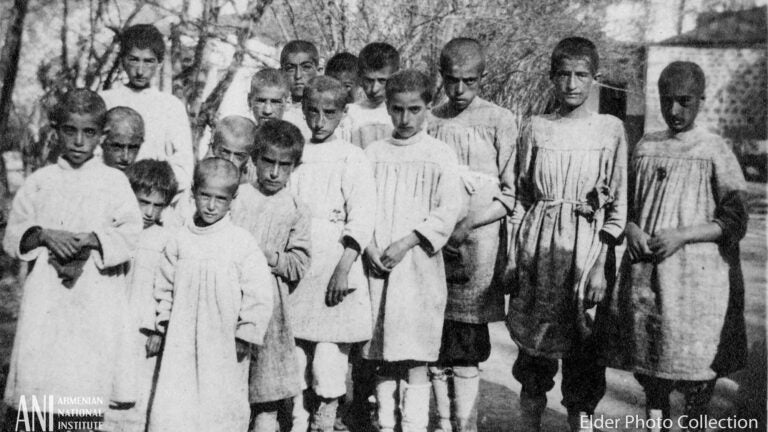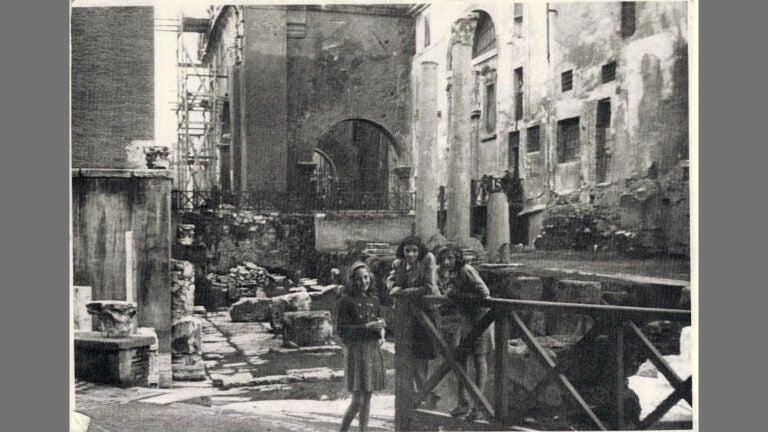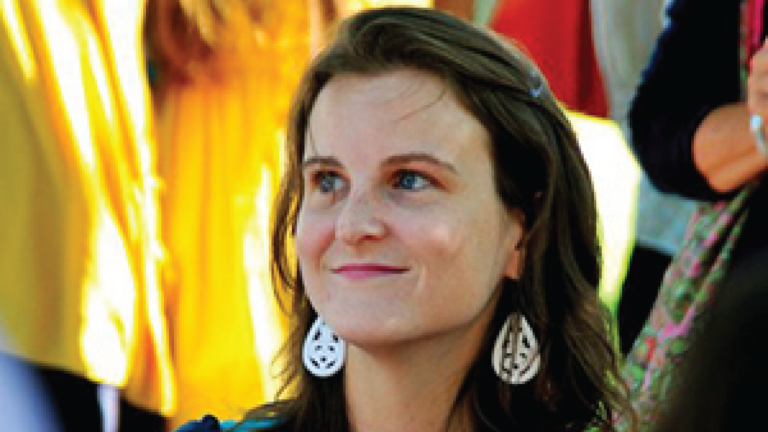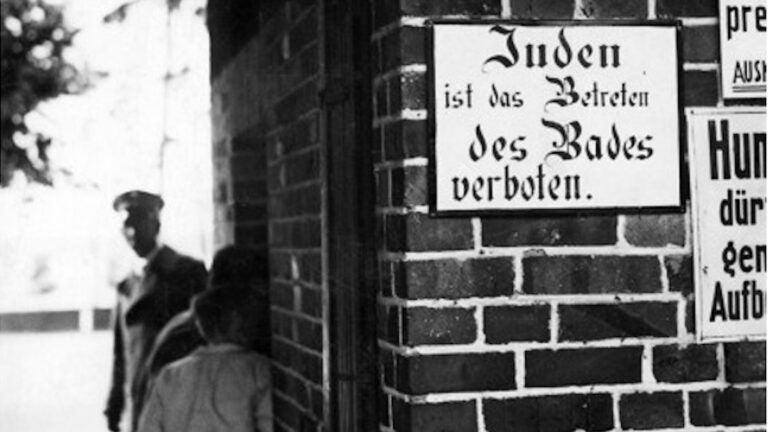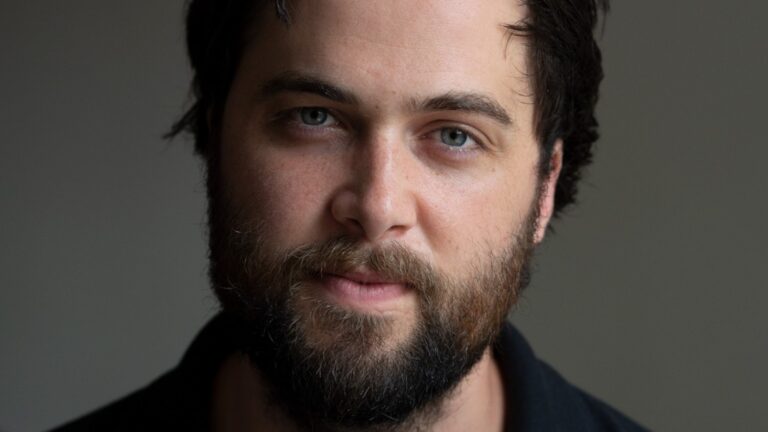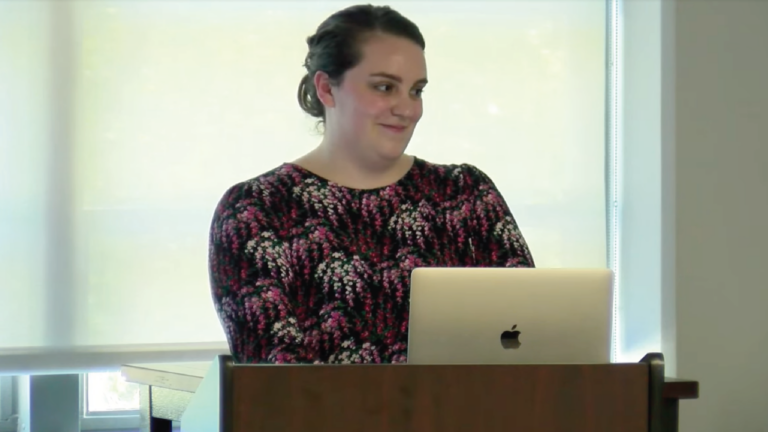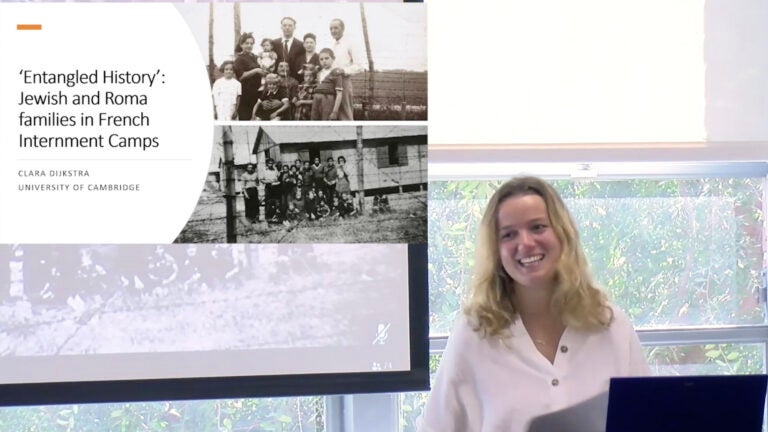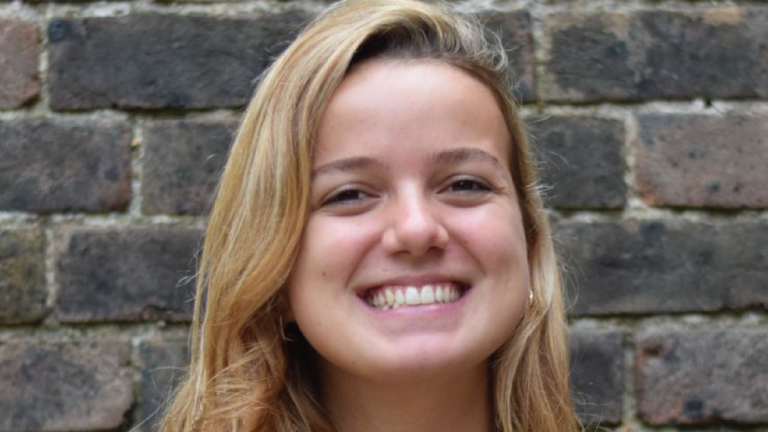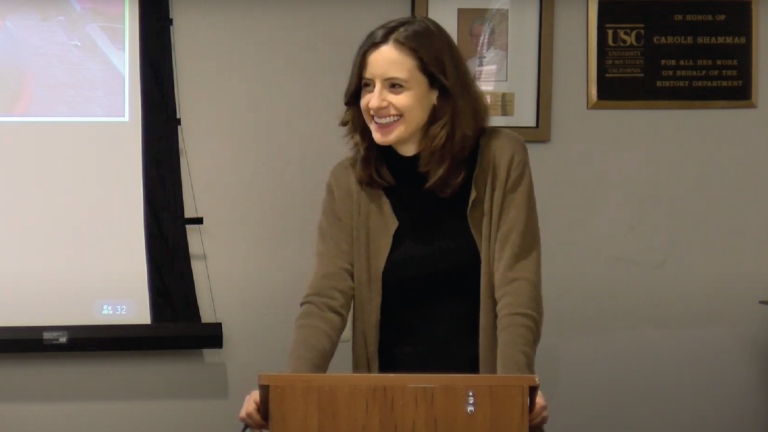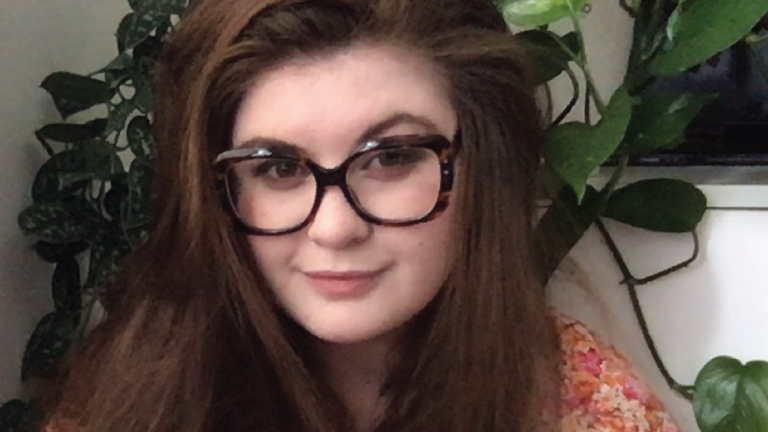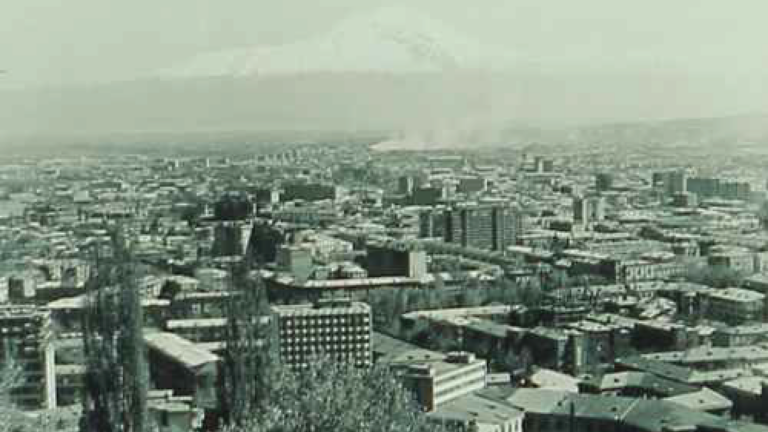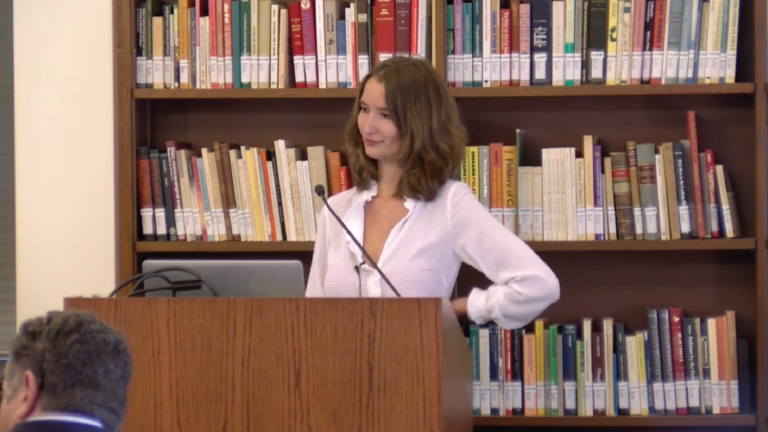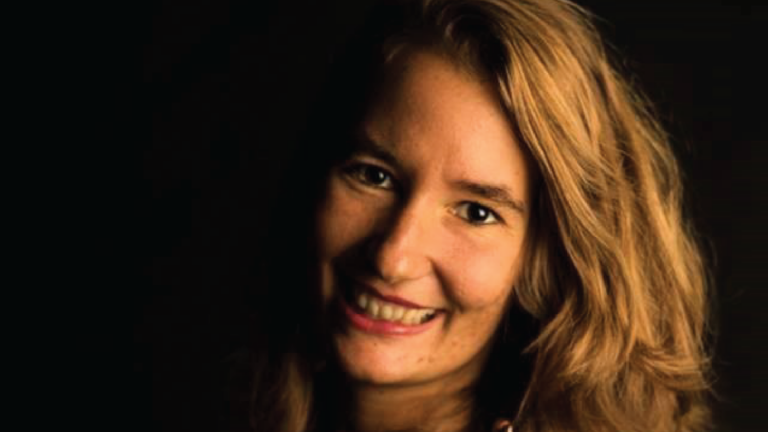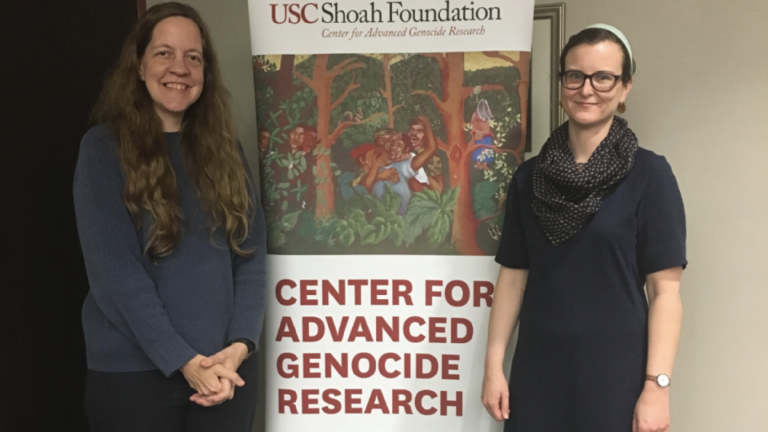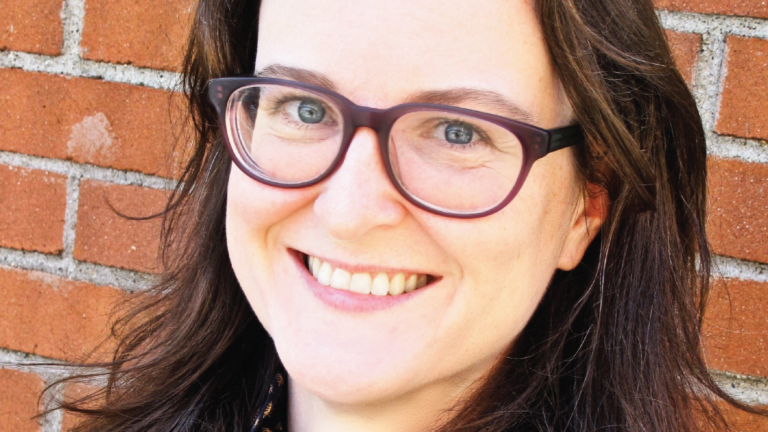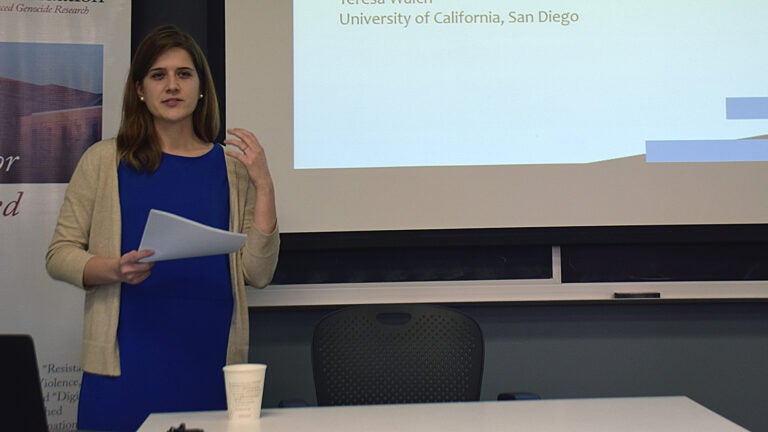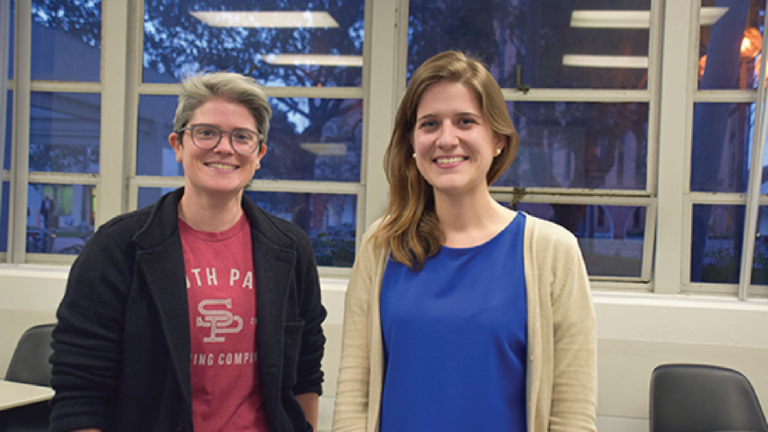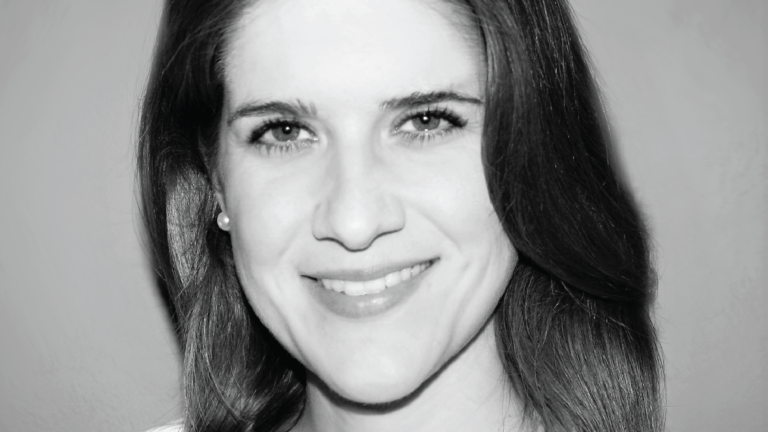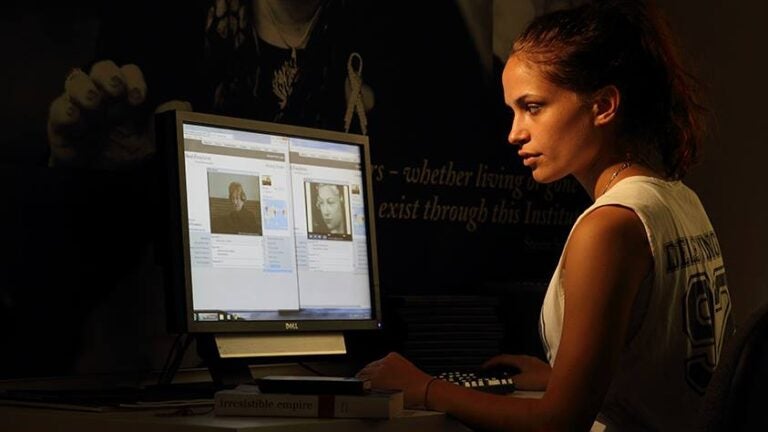
USC Shoah Foundation Robert J. Katz Research Fellowship in Genocide Studies
The USC Shoah Foundation Robert J. Katz Research Fellowship in Genocide Studies enables an advanced standing PhD candidate to spend up to a month in residence at the Center every year. This fellowship is named after long-time volunteer and former Board of Councilors Chair Robert J. Katz in recognition of his service to the Institute. Award decisions for this fellowship will be based on the originality of the research proposal and its potential to advance research with testimonies in the Visual History Archive.
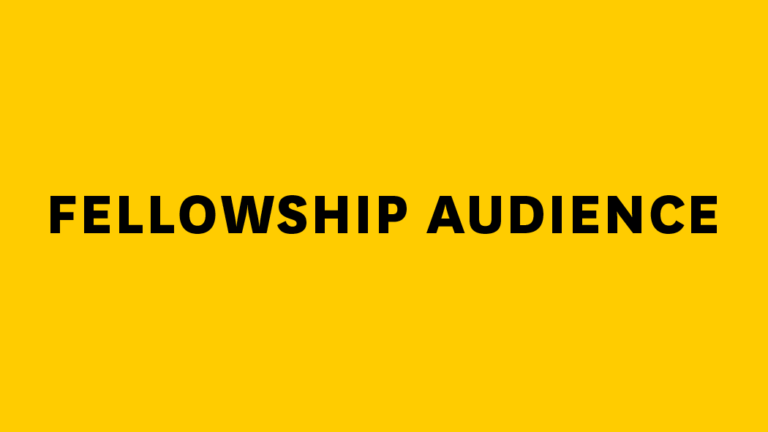
Advanced-Standing PhD Candidates
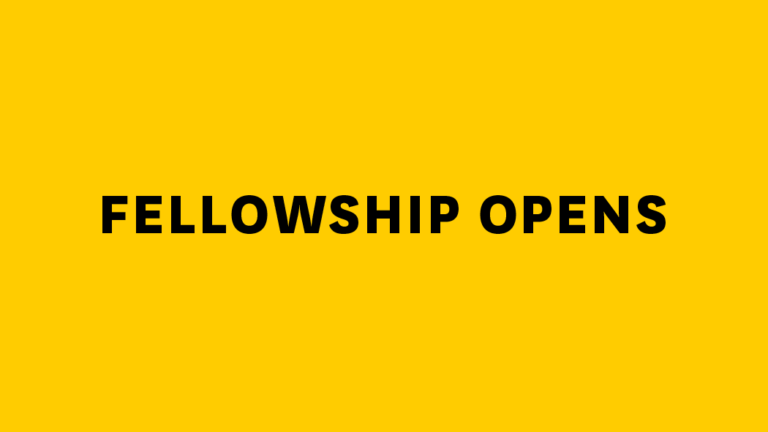
September

December
Fellows
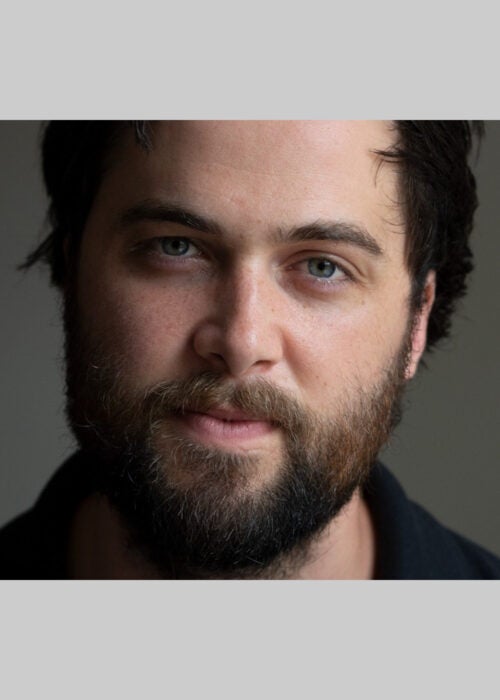
Parker Hatley
2024-2025 USC Shoah Foundation Katz Research Fellow in Genocide Studies
Relationships between coffee plantations, the military, guerilla groups, and local Indigenous communities in the unfolding of the Guatemalan Civil War (1976-83) and the genocide against the Indigenous Ixil Maya people
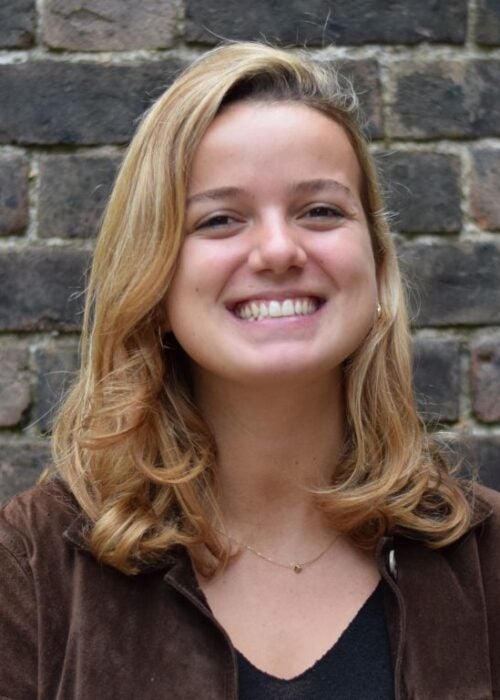
Clara Dijkstra
2023-2024 USC Shoah Foundation Katz Research Fellow in Genocide Studies
Emotional experiences of Jews and Roma (Tsiganes) in detention and internment camps in WWII France
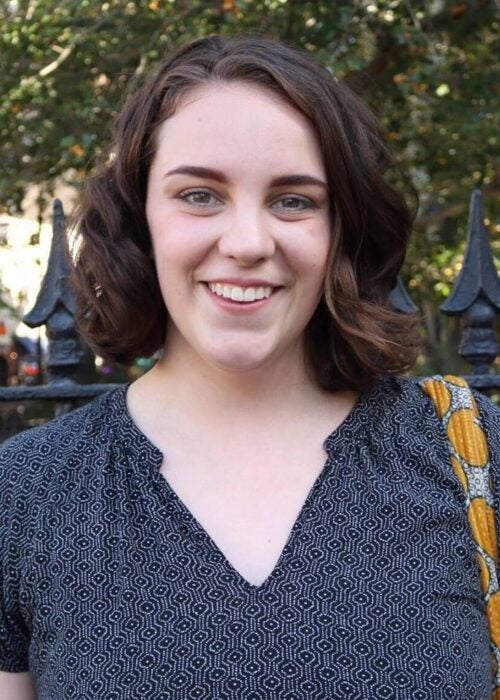
Carli Snyder
2022-2023 USC Shoah Foundation Katz Research Fellow in Genocide Studies
The place of gender and sexuality in interviewer trainings and Holocaust survivor testimonies
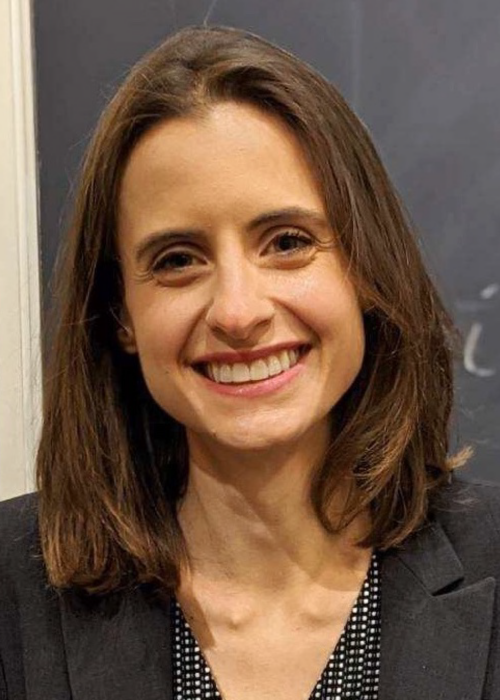
Charlotte Kiechel
2021-2022 USC Shoah Foundation Katz Research Fellow in Genocide Studies
The position of the Holocaust in Rwanda’s national memory culture
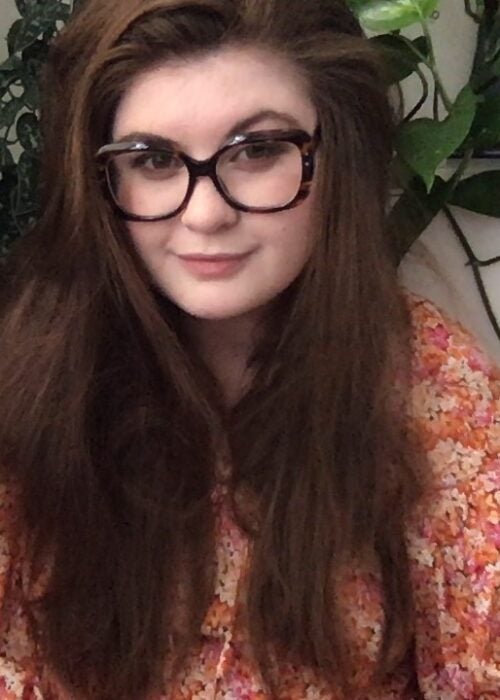
Lauren Cantillon
2020-2021 Katz Research Fellow in Genocide Studies
Jewish women’s narratives of sexual(ized) violence during the Holocaust
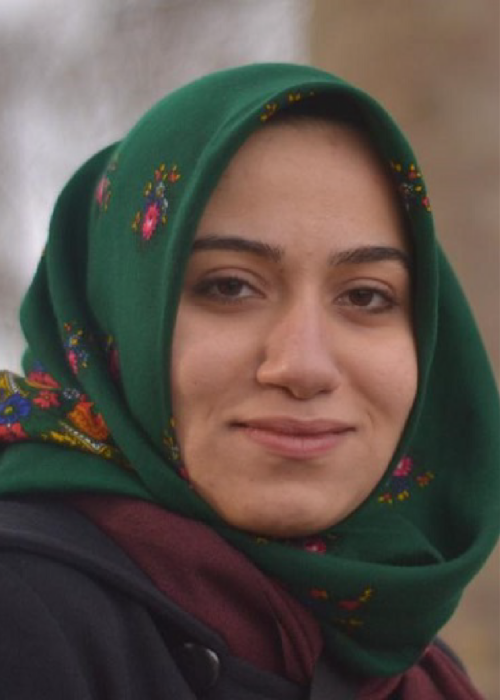
Ayşenur Korkmaz
2019-2020 Katz Research Fellow
Spatial belonging, everyday life, and notions of home for Armenian genocide survivors
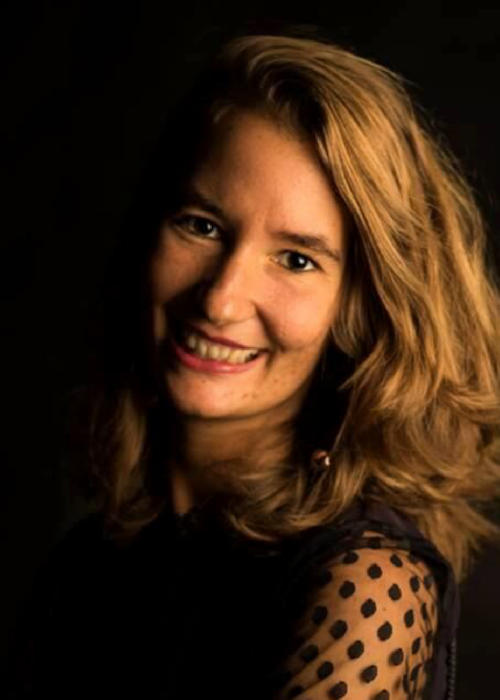
Bieke Van Camp
2018-2019 Katz Research Fellow in Genocide Studies
Social bonds, barriers, and networks amongst Italian Jewish deportees
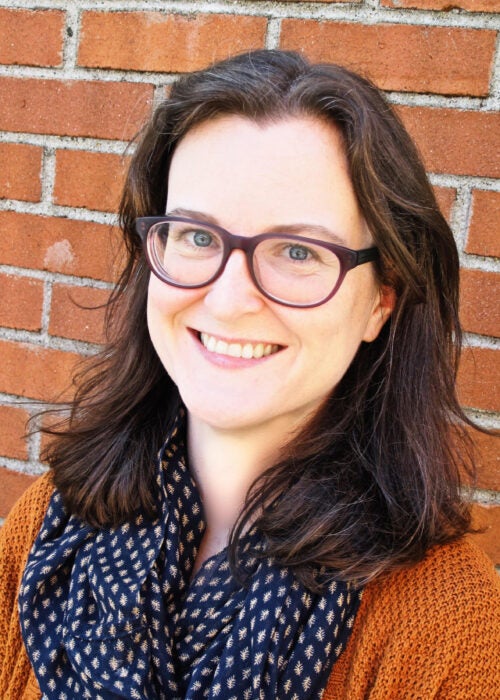
Kathryn Brackney
2017-2018 Katz Research Fellow in Genocide Studies
Phantom geographies in representations of the Holocaust
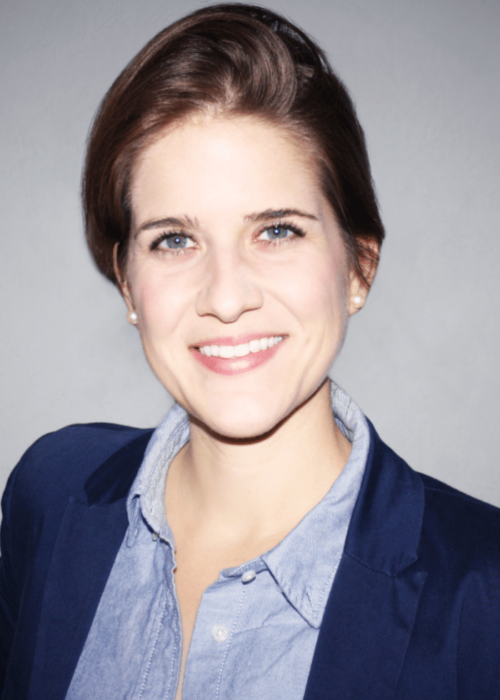
Teresa Walch
2016-2017 Katz Research Fellow in Genocide Studies
Excluding Jews from their homeland and erasing ‘Jewish spaces’ in Nazi Germany
